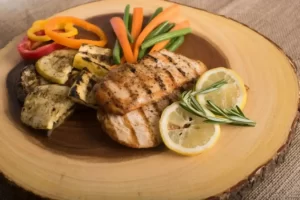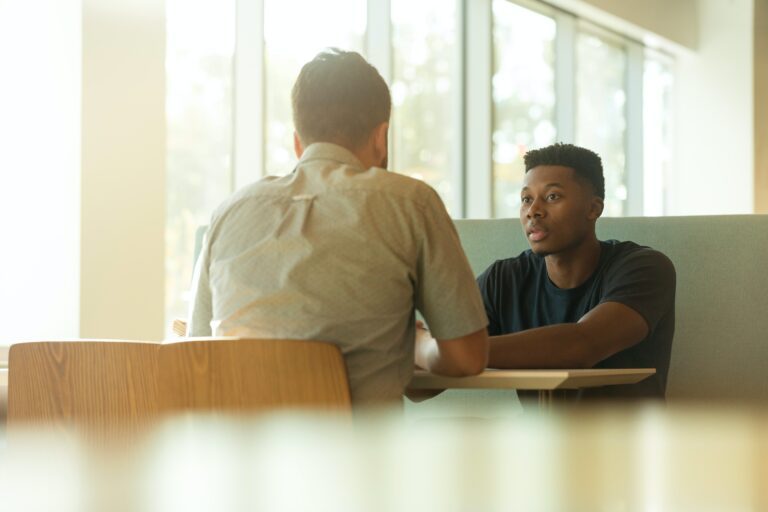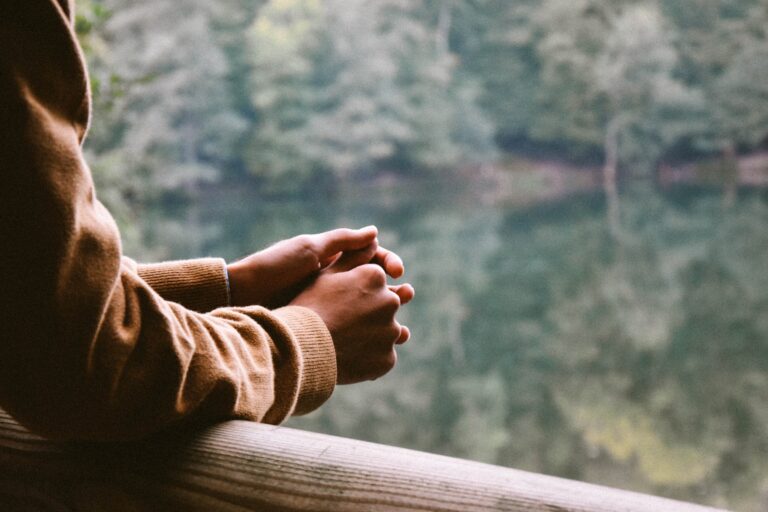Chimioterapia este un tratament cunoscut și utilizat pe scară largă împotriva cancerului, care implică medicamente pentru distrugerea celulelor canceroase. Deși chimioterapia poate fi o modalitate eficientă de tratare a cancerului, ea vine adesea cu efecte secundare, inclusiv greață, vărsături și pierderea poftei de mâncare.
Una dintre cele mai bune modalități de a gestiona aceste efecte secundare este să acordați o atenție deosebită dietei dumneavoastră și să evitați anumite alimente care pot exacerba aceste simptome în timpul tratamentului împotriva cancerului.
Alimente de evitat pe parcursul tratamentului

Societatea Americană de Cancer menționează câteva dintre alimentele pe care pacienții cu cancer ar trebui să le evite în timpul chimioterapiei:
- Alimente prăjite și grase: Alimentele prăjite și grase pot fi dificil de digerat, ceea ce poate provoca greață și vărsături la pacienții supuși chimioterapiei. În plus, aceste tipuri de alimente pot provoca și diaree, ceea ce poate exacerba și mai mult deshidratarea pacienților. În schimb, pacienții ar trebui să se concentreze pe consumul de proteine slabe, precum pui, pește și tofu.
- Alimente picante: Alimentele picante pot provoca inflamații ale tractului digestiv, care pot duce la greață și vărsături. Pacienții trebuie să evite alimentele foarte condimentate și să opteze în schimb pentru arome mai blânde.
- Alimente acide: Alimentele acide precum roșiile, fructele citrice și oțetul pot provoca arsuri la stomac și indigestie la pacienții cu cancer. În schimb, pacienții ar trebui să se concentreze pe consumul de alimente alcaline, cum ar fi verdețurile cu frunze, nucile și semințele.
- Produse lactate: Produsele lactate pot fi greu de digerat pentru unii pacienți bolnavi de cancer, în special pentru cei care au intoleranță la lactoză. În plus, unele tratamente pentru cancer pot provoca intoleranță temporară la lactoză. Pacienții ar trebui să opteze pentru produse lactate fără lactoză sau alternative pe bază de plante, cum ar fi laptele de migdale și laptele de soia.
- Alimente dulci: Alimentele zaharoase precum bomboanele, sucurile și produsele de patiserie pot provoca o creștere rapidă a nivelului de zahăr din sânge, ceea ce poate duce la oboseală și greață. În schimb, pacienții ar trebui să se concentreze pe consumul de carbohidrați complecși precum cerealele integrale și legumele.
Este important să rețineți că fiecare pacient este diferit, iar ceea ce funcționează pentru o persoană poate să nu funcționeze pentru alta. Prin urmare, vă încurajăm întotdeauna să discutați cu medicul dumneavoastră sau cu un dietetician autorizat pentru a elabora o dietă după radioterapie care să ia în considerare nevoile și preferințele dumneavoastră unice.
Ce trebuie să mâncați în timpul chimioterapiei?

În timpul chimioterapiei, este important să vă concentrați pe consumul de alimente bogate în nutrienți care vă pot ajuta să vă susțineți sistemul imunitar și să promovați vindecarea. Potrivit Societății Americane de Cancer, unele opțiuni bune includ:
- Fructe și legume proaspete
- Cereale integrale precum orezul brun și quinoa
- Proteine slabe precum pui, pește și tofu
- Grăsimi sănătoase precum avocado și nuci
- Proteine vegetale precum lintea și fasolea
Este important să discutați cu medicul dumneavoastră sau cu un dietetician autorizat pentru a elabora un plan de masă individualizat care să ia în considerare nevoile și preferințele dumneavoastră unice, inclusiv gustări sănătoase pentru pacienții cu cancer.
Cum vă afectează chimioterapia dieta?
Chimioterapia vă poate afecta dieta în mai multe moduri. Unul dintre cele mai frecvente efecte secundare ale chimioterapiei este greața și vărsăturile. Acest lucru poate face dificilă mâncatul și vă poate face să pierdeți în greutate. În plus, chimioterapia poate provoca modificări ale gustului și mirosului, ceea ce poate face mâncarea mai puțin atrăgătoare.
Conform Societatea Americană de Cancer, „Chimioterapia vă poate afecta gustul și mirosul alimentelor. Puteți observa că mâncarea are un gust fad sau metalic sau că aveți un gust amar sau neplăcut în gură. Unii oameni constată că au un apetit scăzut sau că se simt sătui rapid.”
Ce să mănânci după chimioterapie și în următoarele câteva zile?
După chimioterapie, este important să aveți o dietă sănătoasă pentru a vă ajuta organismul să se vindece și să se recupereze. Iată câteva sfaturi despre ce să mâncați după chimioterapie și pentru următoarele câteva zile:
- Rămâneți hidratat – beți multă apă, ceai de plante sau alte băuturi fără cofeină pentru a vă ajuta să eliminați medicamentele de chimioterapie din organism și pentru a preveni deshidratarea.
- Luați mese mici și frecvente – pe tot parcursul zilei, acest lucru vă poate ajuta să vă mențineți nivelul de energie și să preveniți greața și vărsăturile.
- Alegeți alimente blânde, ușor de digerat – alimente ușor de digerat, cum ar fi supa, biscuiții și pâinea prăjită, care vă pot ajuta să vă calmați stomacul și să preveniți greața și vărsăturile.
- Includeți alimente bogate în proteine – proteinele sunt esențiale pentru repararea țesuturilor și funcția imunitară. Alegeți proteine slabe, cum ar fi puiul, peștele și fasolea.
- Evitați alimentele picante, grase și prăjite – aceste alimente pot fi greu de digerat și pot exacerba greața și vărsăturile.
Conform Institutul Național de Cancer, „Consumul unei diete sănătoase după chimioterapie este important pentru a vă ajuta organismul să se recupereze după tratament. Corpul dumneavoastră are nevoie de nutrienți pentru a repara celulele și țesuturile, pentru a lupta împotriva infecțiilor și pentru a menține o greutate sănătoasă.”
Chimioterapia vă poate afecta dieta, provocând efecte secundare precum greață, vărsături, pierderea poftei de mâncare și modificări ale gustului și mirosului. Este esențial să aveți o dietă sănătoasă după chimioterapie pentru a vă ajuta organismul să se vindece și să se recupereze. Aceasta include hidratarea, mesele mici și frecvente, alegerea alimentelor fade și ușor de digerat, inclusiv a alimentelor bogate în proteine și evitarea alimentelor picante, grase și prăjite. Pentru mai multe sfaturi, puteți găsi articolul nostru anterior despre ce trebuie să mâncați și să evitați în timpul tratamentului împotriva cancerului.
Cele mai bune vitamine pentru chimioterapie
Vitaminele și suplimentele pot interacționa cu medicația pentru chimioterapie și pot interfera cu eficacitatea acesteia. Este important să discutați cu medicul dumneavoastră înainte de a lua orice supliment în timpul tratamentului. Cu toate acestea, unele studii sugerează că vitamina C poate contribui la reducerea efectelor secundare ale chimioterapiei și la îmbunătățirea funcției imunitare la pacienții cu cancer. Alimentele bogate în vitamina C includ citricele, ardeii grași și broccoli.
Pe scurt, în timpul tratamentului pentru cancer, cel mai bine este să evitați carnea crudă sau insuficient gătită, produsele lactate nepasteurizate, alcoolul și cofeina. Pentru pacienții cu chimioterapie, este de asemenea important să se evite alimentele picante, grase și prăjite. Cu toate acestea, este important să mențineți o dietă echilibrată constând dintr-o varietate de alimente sănătoase pentru a sprijini recuperarea organismului dumneavoastră. Alimente precum untul de nuci, sucul de fructe și legumele gătite pot oferi nutrienți valoroși și hidratare. După cum explică nutriționistul dietetician autorizat Laura Pole, „O dietă sănătoasă este importantă pentru menținerea rezistenței organismului și optimizarea sistemului imunitar pentru rezultate mai bune în timpul și după tratamentul cancerului.”
Dacă aveți alte întrebări legate de nutriție sau de efectele secundare ale chimioterapiei, le puteți adresa în comunitatea noastră online de cancer Discord, unde există oameni care au trecut deja prin toate acestea și vă pot ajuta cu problemele dumneavoastră.









Comments
Thank you. Comment sent for approval.
Something is wrong, try again later